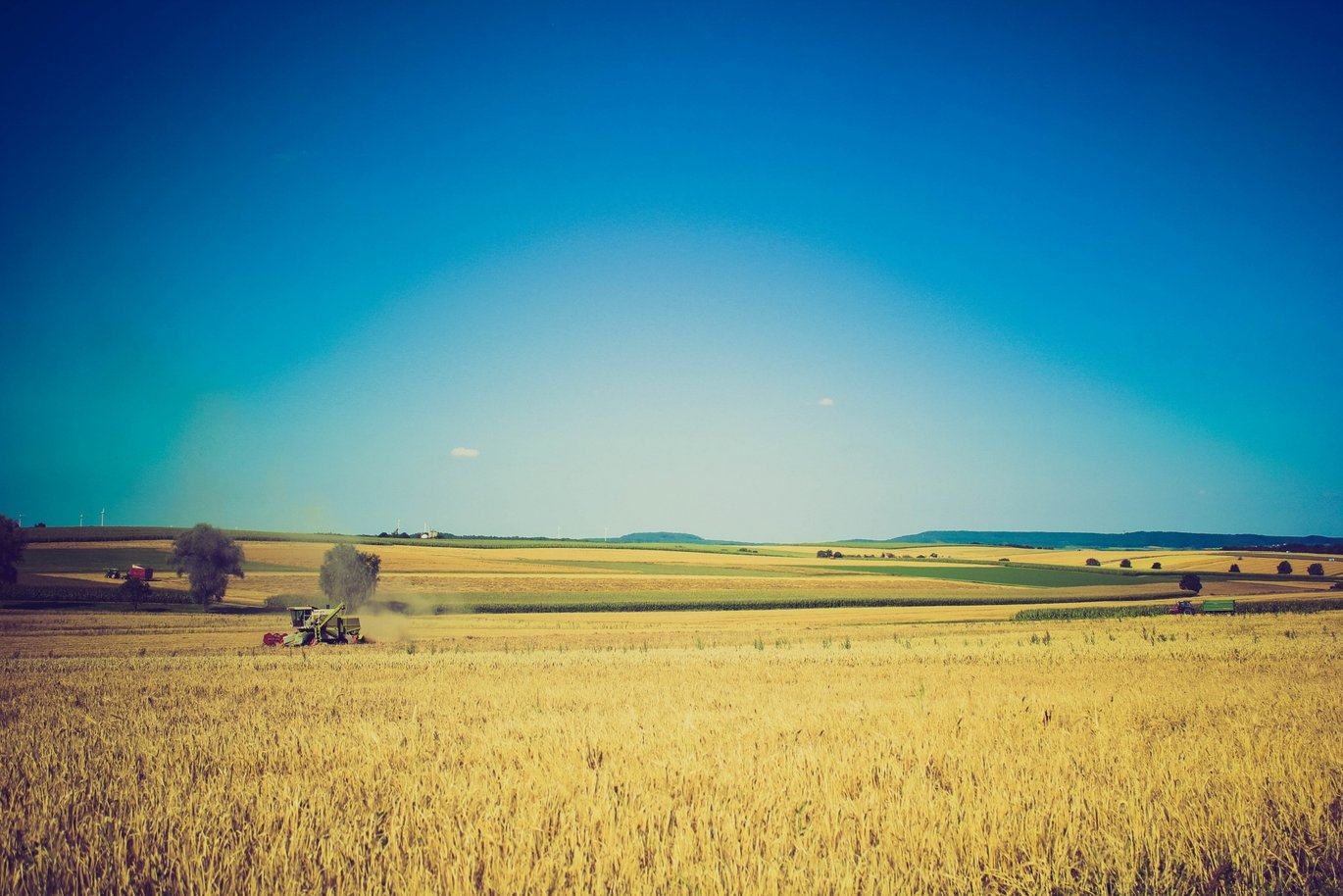How to increase sustainable agricultural production while ensuring food security?
A holistic scientific approach to global food and energy challenges will provide stakeholders with better and more detailed data, making them choose the most sustainable solutions.

A growing world population coupled with an overall economic growth means that the demand for food and especially meat will grow significantly in the years to come. But how do we increase the production of both food and energy crops, and at the same time reduce the negative environmental effects on the scarce resources like soil and water?
Responding to this set of challenges requires rethinking and redesigning of the European agricultural production systems. That is exactly what the research project SUSTAg, funded within the frame of FACCE SURPLUS, aims to achieve.
More food produced in a more sustainable manner
SUSTAg wants to create an integrated systems’ view which can identify sustainable intensification (SI) of production specifically for different regions, but testing it on an European, global level.
- We need a holistic approach simultaneously addressing food security and increasing the protection of our scarce natural resources, and that is exactly what SUSTAg is doing, Dr. Anne Biewalds, who is the project coordinator of SUSTAg, explains.
Sustainable intensification refers to systems, where we produce more, using less input.
- By simultaneously considering food and non-food production from both the local/regional and European/global levels, parallels and synergies between farm entities, regions, and countries can be identified, Anne Biewalds explains. She continues:
- We can thereby ensure that production and processing procedures are developed to be of the greatest economic and environmental benefit to the whole of Europe.
Options for stakeholders
SUSTAg’s research will consist of different case studies considering production conditions, dynamics in demand for food and non-food products, resource use and availability plus socio-economic and policy environmental factors. The project partners will also consider climate change, considering the management systems have with the best adaptive capacity.
The ultimate outcome of SUSTAg will be a set of stakeholder relevant options for sustainably increasing food and non-food production within an emerging European bioeconomy.
Partners in the 3-year SUSTAg -project include Potsdam Institute for Climate Impact Research, Natural Resources Institute Finland, University of Bonn, Copernicus Institute, Utrecht University, Universidad Politécnica de Madrid, Andalusian Institute of Agriculture Research and Training and Agrathaer.
The project has been granted 1413.000 € from the FACCE SURPLUS ERA-NET Cofund.
International Scientific Workshop on Sustainable Intensification Metrics
Within the frame of the SUSTAg project, an international scientific workshop on sustainable intensification metrics will be held in Berlin on Monday May 22 2017.
The workshop will be held as a pre-conference meeting to the MACSUR Science Conference 2017.
Read more about the workshop
FACCE SURPLUS
FACCE SURPLUS is an ERA-NET under the Cofund scheme of Horizon 2020 of the European Union. FACCE SURPLUS calls for collaboration among 15 countries and the EU for transnational research projects on the thematic area of sustainable and resilient agriculture. Further joint activities that go beyond this co-funded call are planned, in order to contribute to the establishment of a renewable bioeconomy in the ERA.
Further information
Dr. Anne Biewald
Potsdam Institute for Climate Impact Research (PIK)
E-mail: biewald@pik-potsdam.de
